
Geoscience at a Glance
DEGREES OFFERED
Geoscience Certificate
RELATED PROGRAMS
Biology Program
Urban Studies & Public Policy
Urban Water Management
COLLEGE
DEPARTMENT
Study Geosciences at Dillard University
What is Geosciences?
Geoscience is the study of the Earth – its oceans, atmosphere, rivers and lakes, ice sheets and glaciers, soils, its complex surface, rocky interior, and metallic core. This includes many aspects of how living things, including humans, interact with the Earth. Geoscience has many tools and practices of its own but is intimately linked with the biological, chemical, and physical sciences.
Geoscience investigates the past, measures the present, and models the future behavior of our planet. But it also involves the study of other planets, asteroids, and solar systems, both to better understand the Earth and to expand our knowledge of the universe.
The Department of Biology offers the Geoscience Certificate as well as a suite of STEM-centered programs for students who want to develop skills in critical thinking, problem-solving, technical communication, and data analysis techniques by studying Earth’s processes and properties. Graduates of each program can take new knowledge bases and skill sets to professional careers in natural resources or environmental sciences, advanced studies in graduate school, or any future where scientific thinking is used.
Program Contact
School of STEM
Department of Biology
Stern Hall, Room 122-G
2601 Gentilly Boulevard
New Orleans, LA 70122
Ph. (504) 283 – 8822
biology@dillard.edu
Office Hours:
M-F 8 a.m. – 5 p.m.
Geosciences Certificate Program
In the Dillard University Geosciences Certification Program, you will learn how to design an investigation, collect and analyze your own data, form interpretations and share your results with peers, faculty and members of the geosciences community. Trained environmental professionals are needed to solve problems concerning drinking water supplies, wastewater treatment, water resources availability, subsurface contaminant transport, water quality and quality assessment, the effects of climate and land-use change on water and wetland resources and many other environmental issues. Our geosciences program provides the specialized knowledge, critical thinking and communication skills necessary to succeed as a trained environmental professional.
BIO 301 | Special Topics in Biology (3 credits) | Hybrid Fall
Introduction to Environmental Geosciences | 6:00 p.m.–7:15 p.m.
The Introduction to Environmental Geosciences course will be hybrid (on-line and face to face) and will be team-taught by Drs. Ruby Broadway (Biology) or TBA. This course will be designed to bridge biology, environmental geosciences, social sciences and business and will essentially be the first in a sequences of courses to establish a new transdisciplinary area in geosciences/water studies. In this instance, the classroom setting will be determined by the path literally travelled by Hurricanes Katrina, Rita, and Gustav, as well as, the oil dispersion patterns resulting from the British Petroleum rig explosion and the 2017 tornado in New Orleans east. The first class meeting will begin afloat the Audubon Paddle Boat which will ferry students from Downtown New Orleans to Uptown New Orleans where the first water (surface and ground water), and soil samples (land use) will be collected for analysis and projects. Topics to be covered include, but are not limited to, hurricanes, flood, and landslide hazards; surface and ground water pollution, economic resources, and reserves including transportation, production, and use; and broader issues such as global warming, human population growth, and phytoremediation.
This course explores important environmental issues facing society today and investigates the science behind those issues. Students will study earth’s physical systems to understand global climate change, pollution, the use of natural resources, alternative energies and sustainable agriculture. Students will study the fundamentals of evolution and population ecology to understand biodiversity, conservation and the impacts of human activities on habitat. Students will also examine the connections between the biological and physical sciences and environmental politics, environmental economics and environmental ethics and how they each figure in solving environmental problems.
ECO 349 | Special Topics in the Economics (3 credits) | Hybrid Spring
Environmental Economics | 12:00 p.m.–1:15 p.m.
Environmental Economics studies how economic activity and policy affect the environment in which we live. In Environmental Economics, students learn the theoretical and methodological tools that allow them to apply economic principles to study how natural resources are (or should be) evaluated and managed. Environmental Economics analyzes contemporary environmental problems such as climate change, water and air pollution, sustainable economic development, and the benefits and costs of environmental regulation to name a few.
Students will learn to apply fundamental economic concepts such as market failure, externalities, property rights, opportunity cost, household behavior, transaction costs, willingness to pay, and use economic reasoning to discuss environmental issues and policy.
URB 335 | Geographic Information Systems (GIS) (3 credits) | Spring TBA
GIS is a computer-assisted cartography tool that geographers, urban planners, and scientists use to make digital maps. Students will gain hands-on experience in creating, updating and interpreting maps and using GIS software packages. This hands-on course will train students in the use of GIS technology (ArcGIS) for land analysis at variable scales. It will guide the learner through the process of working with land use, population and socioeconomic data; as well as, assessing land use policies to formulate alternative land use plans and design.
Course Learning Outcomes
- Create maps and conduct spatial analysis using ArcGIS software products
- Perform spatial analysis to propose practical solutions to social problems
- Connect contemporary urban problems to policy implications
- Quantify the costs and benefits of public programs in order to conduct rational policy analysis
- Propose practical solutions to social problems
- Communicate complex policy issues in a clear and concise manner both orally and in writing
URB 310 Urban Geography: (3 credits) | Fall TBA
Urban Geography 310 will provide an examination of the internal spatial structure of urban settlements and spatial patterns of political, economic and cultural relationships between and within cities. Urban geographers and urbanists examine various aspects of urban life and the built environment. Scholars, activists, and the public have participated in, studied, and critiqued flows of economic and natural resources, human and non-human bodies, patterns of development and infrastructure, political and institutional activities, governance, decay and renewal, and notions of socio-spatial inclusions, exclusions, and everyday life
In this course we will set aside the traditional view of a city, that is, a bustling, multicultural center densely packed with buildings, people, and varied modes of transportation, for a more comprehensive definition that attends to the dynamics of its ecological functions, especially in the context of natural and man-made disasters. This course will bring together faculty and students from STEM to explore questions of sustainability and resiliency of biodiversity; humanists to explore questions of environmental justice; social scientists from urban studies to investigate land use and public policy and economist to study the economics of natural resources from both sides – their extraction and use, and the waste products returned to the environment and how economic incentives hurt or help the environment, and how they can be used to create sustainable policies and environmental solutions. The course will also engage city officials and members of the Corps of Engineers in discussions to better understand the confluence of factors that precipitated the catastrophic events surrounding Hurricane Katrina.
Transdisciplinary Research Capstone Experience TBA Spring and Fall
Once the Introduction to Geosciences course has been satisfactorily completed, students will be expected to engage in a semester-long research immersion. The research project will be used to gauge the student’s ability to: define a research question; design a protocol to address this question; acquire the data necessary to clarify, if not resolve, the question; critically assess the quality of the data acquired; draw defensible conclusions from those data; and communicate this process and conclusions to professional colleagues with clarity and precision.
Urban-WATER faculty and collaborators will engage students in research projects in the challenging context of the urban development of New Orleans region. The projects will be aimed so students can make an innovative, conceptual and applied contribution to understanding local practices and intersectional relations mediated by land use change. The project will focus on research guided suggestions for the improvement of urban governance and regulation of urban space in New Orleans. Furthermore, the research projects will be aimed to generate impacts academically, contribute to policy-making and regional planning on urban development, and enable creative collaboration with civil society organizations and different levels public administration. The project will stimulate dialogue between academics, policy-makers and social groups, and will address issues of socio-economic development and socio-physical well being
This capstone course is the culminating experience for the Urban-WATER certification. The aim of the capstone is to assess students’ ability to synthesize and integrate the knowledge and skills they have developed throughout their coursework, rather than introducing new concepts. The following are some representative research topics associated with Dillard faculty. The research course is accompanying by an hourly stipend plus a modest supplies and books.
Completion of the certificate can be achieved in 9 months (two semesters).
BIO 301 Special Topics in Biology – Introduction to Environmental Geosciences and ECO 349: Special Topics in the Economics: Environmental Economics and Transdisciplinary Research (Biology, Urban Studies and Business) are structured in progression. Start coursework with BIO 301 and URB 335 (GIS) in the Fall or Spring semester. Next, take ECO 349 and an URB 310 (Urban Geography) during the Fall or Spring semester. All research will be done Spring or Fall semesters.
No GRE is required for the certificate program
Course credits will count as requirements for Biology, Economics, and Urban Studies & Public Policy majors, as well as General Electives for all Dillard students, regardless of major.
The certificate will explore how to analyze cities spatially with respect to key waterways, using New Orleans as a detailed case study. Students will tackle this subject through lectures, discussion, field trips, film, research, and presentations. Students will apply these guiding geographical questions to urban places: a) what is the shape, form, and origin of the city’s physical landscape? b) How have humans transformed and manipulated that landscape into a cityscape? c) How may we research, depict, characterize, and interpret those patterns? d) How are power, class, race, and inequity involved in use of space and the allocation of urban resources? e) How can we use geographical knowledge to restore and improve disturbed places or patterns? f) What distinguishes urban places from each other? g) How do people create, occupy, perceive, and contest the use of urban space? h) What clues do we see in the present-day cityscape that shed light on the above questions?
To judge the summative impact and value added of participation in the modeling/laboratory modules, the evaluation team will implement a system for tracking all student participants (in STEM courses, in the certification program, and in the internships) as they move through the course sequence and into the next semester(s). The system will capture entry characteristics, extent of participation in modeling/laboratory modules, course grades, patterns of future stem course taking, retention and satisfaction with the modeling laboratory modules during participation, at exit, and 6 months following. We will examine the value-added of modeling/ laboratory modules by comparing key outcomes of those students with historic cohorts of students. We will obtain the necessary university institutional review board approval at both institutions to carry out the evaluation.
In addition, project evaluation will assess 1) the number of faculty involved in interdisciplinary environmental research components of the project each year, 2) the number of faculty initiating new interdisciplinary environmental research, and 3) the number of faculty presenting environmental research work at the national and local environmental meetings. Finally, we will monitor the career progression and academic pathways of all students entering the certificate program to document recruitment and retention in geosciences (for up to 5-10 years). In addition, all students will take the American Institute for Research questionnaire on recruitment and retention and attitudes toward environmental sciences.
A key part of this certificate program will be faculty mentors who will work with undergraduates on research activities involving hands-on and inquiry-based approaches. Geo-Capstone Project Symposia will be organized during the spring semester to allow students to practice how to present scientific results. Over the course of three years, an estimated 100 undergraduate students will experience the curriculum developed for this project.
Ruby Broadway, Ph.D.
Professor, Biology
rbroadway@dillard.edu
Robert Collins, Ph.D.
Professor, Urban Studies & Public Policy
rcollins@dillard.edu
Contact Information
For more information, please email rbroadway@dillard.edu
Dillard University
2601 Gentilly Blvd
New Orleans, LA 70122
School of Science Technology, Engineering and Mathematics (STEM)
Department of Biolog
Stern Hall, Room 122-G
(504) 816-4725/816-5007/816-4722
Why Choose Dillard University?
 Dillard University students not only will learn current concepts and practices in Earth Science, they will have opportunities to generate new knowledge by working alongside accomplished faculty researchers. Dillard Students will also practice water, soil, gas and sediment sampling, field geochemistry, scientific writing, proper data collection, field documentation, scientific presentation and analysis. Research experiences, internships, and experiential learning are integral components of the learning experiences that will be offered.
Dillard University students not only will learn current concepts and practices in Earth Science, they will have opportunities to generate new knowledge by working alongside accomplished faculty researchers. Dillard Students will also practice water, soil, gas and sediment sampling, field geochemistry, scientific writing, proper data collection, field documentation, scientific presentation and analysis. Research experiences, internships, and experiential learning are integral components of the learning experiences that will be offered.
Through opportunities to engage in hands-on, field-based research related to the niche area of water in geosciences, students from ethnically and linguistically diverse backgrounds will be able to develop skills related to problems specific to their community and likely generate longstanding scientific interests.
Outcomes
The expected outcomes for this project include research on the benefits of a certificate program, the opportunities and challenges involved with transdisciplinary study, and the potential of place-based education programs to recruit and retain underrepresented students in the geosciences. This program will generate positive impact on participants’ academic achievement and an epistemological shift in their beliefs about the geosciences, potentially broadening their career aspirations.
Partners involved in this project include the School of STEM, the Department of Urban Studies, and the College of Business at Dillard University.
Join Dillard University in New Orleans, Louisiana and become part of our community of leaders, thinkers, and artists.
Learn more about the admissions process and get started today.

